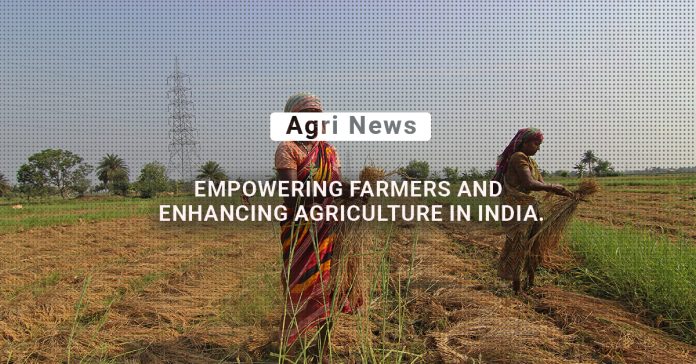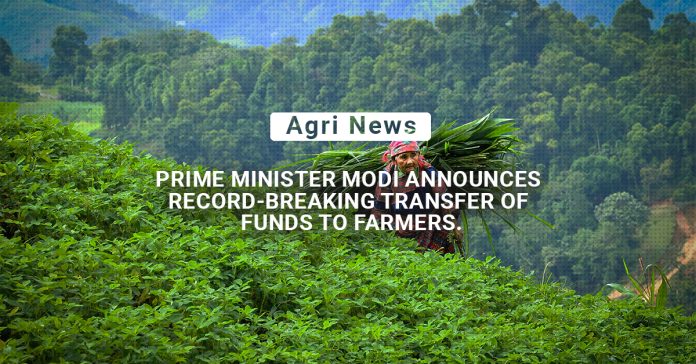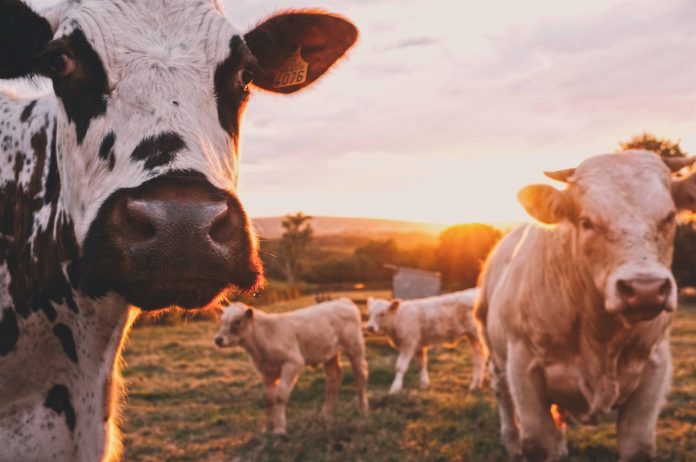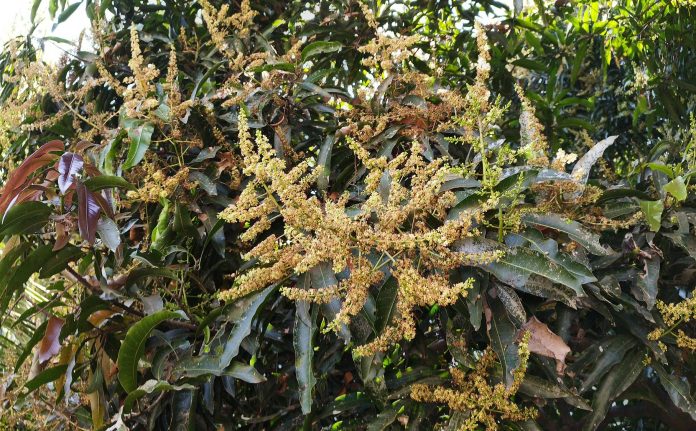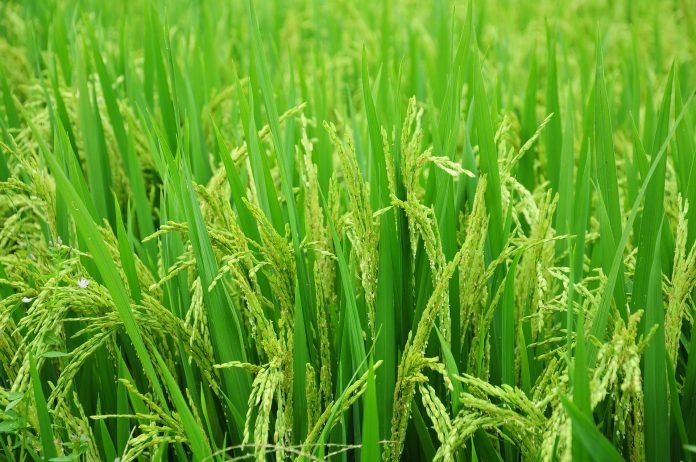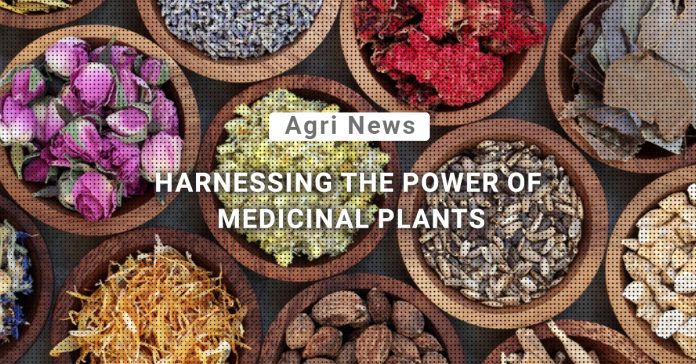Rice serves as a staple food for more than half of the world’s population. Paddy pests infestation results in yield loss, and reduced quality and quantity of the produce. An estimated average of about 22% of yield loss in paddy is due to insect pest infestation. The insect pests feed on paddy crops in different stages of growth and complete their lifecycle. Pests of major economic significance include Brown Plant Hopper, Leaf folder, Leaf hopper, Stem borer, Thrips and Gundi bug which causes a severe threat to rice production.
Scientific name of rice: Oryza sativa
1.Rice Stem Borer:
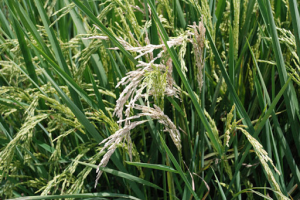
Rice stem borer is one of the most important pests of paddy as it can cause about 20% yield loss in early-planted rice and 80% in late-planted rice. It causes more destruction to rainfed wetland rice. Among the 6 species of stem borer affecting paddy, yellow stem borer causes more damage to the rice crop.
Scientific Name: Scirpophaga incertulas
Pest Attacking stages: Nursery, Vegetative & Reproductive stage
Damage causing insect stage: Larva
Symptoms:
- Feed on paddy tillers and causes ‘Dead heart’ or ‘Drying up’ symptom
- Development of whitehead or dead panicle during the reproductive stage
Favourable conditions for Stem borer infestation in paddy:
High nitrogen fertilization, late-planted crop and stubbles of the previous season favours the buildup of stem borer population.
Economic Threshold Level (ETL): 10% dead heart (vegetative stage); 2% white ear (flowering stage)
Solutions for Rice Stem Borer:
To know more about the stem borer management – Management of Stem Borer in rice
2. Brown Plant Hopper (BPH):
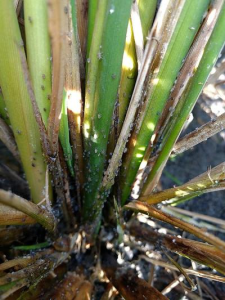
Scientific Name: Nilaparvata lugens
Pest Attacking stages: Reproductive stage
Damage causing insect stage: Nymph and Adult
Vector for: Grassy stunt, ragged stunt, wilted stunt disease
Symptoms:
- Affected rice plant dries up and shows scorched appearance called ‘hopper burn’
- Sooty mould development at the base due to honeydew secretion
Favourable conditions for BPH infestation in paddy:
Areas having continuous submerged conditions, high shade, high humidity, high nitrogen fertilization, densely seeded crops favours BPH population.
Economic Threshold Level (ETL): 1 hopper/tiller – In absence of predatory spider; 2 hoppers/tiller – In presence of spider at 1/hill
Solutions for Brown Plant Hopper:
To know more about BPH management – Management of Brown Plant Hopper
3. Green Leaf Hopper (GLH):

Scientific Name: Nephotettix virescens
Pest Attacking stages: Nursery, Vegetative & Reproductive stage
Damage causing insect stage: Nymph and Adult
Vector for: Rice tungro virus (RTV), rice yellow and transitory yellowing
Symptoms:
- Affected plants’ leaves start yellowing from the tip downwards
- Causes ‘hopper burn’ symptom
Favourable conditions for Green leaf Hopper infestation in paddy:
They are prevalent in rainfed and irrigated wetlands. Volunteer plants, stubbles, and early growth stages of plants are favourable for green leaf hopper infestation.
Economic Threshold level (ETL): 60 No/ 25 sweeping (nursery); 5 No/hill (vegetative); 10 No/hill (flowering); 2 No/hill
Solutions for Green Leaf Hopper:
To know more about Green Leaf Hopper management – Management of Green Rice leaf hopper
4. Rice Leaf Folder
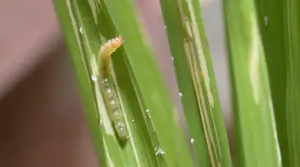
Scientific Name: Cnaphalocrocis medinalis
Pest Attacking stages: Vegetative & Reproductive stage
Damage causing insect stage: Larva
Symptoms:
- Larva folds the leaves and remains inside
- Transparent longitudinal whitish streaks on leaves due to leaf scraped by larvae
Favourable conditions for Leaf Folder infestation in paddy:
High nitrogen fertilization, high humidity, shady area, presence of weeds in the paddy field favours leaf folder population among other paddy pests.
Economic Threshold level (ETL): 10% damaged leaves (vegetative stage); 5% damaged leaves (flowering stage)
Solutions for Rice Leaf folder:
To know more about rice leaf folder – Management of rice leaf folder
5. Rice Gundi Bug / Earhead bug
Scientific Name: Leptocorisa acuta
Pest Attacking stages: Reproductive stage
Damage causing insect stage: Nymph and Adult
Symptoms:
- Grains affected by gundi bug become chaffy
- Affected grains have black spots at the site of the feeding puncture
Favourable conditions for Rice Gundi bug infestation in paddy:
Weed population, staggered planting, warm weather, and frequent rains favour the gundi bug population. They occur more commonly in rainfed and upland rice.
Economic Threshold level (ETL): 5 bugs/100 panicles (flowering stage); 16 bugs/100 panicles (milky stage)
Solutions for Rice Gundi bug / Rice Earhead bug:
To know more about rice gundi bug – Management of rice gundi bug
6. Rice Thrips
Scientific Name: Stenchaetothrips biformis
Pest Attacking stages: Nursery
Damage causing insect stage: Larvae and Adult
Symptoms:
- Silvery streaks on damaged leaves
- Leaves curl from the margin towards the middle
Favourable conditions for thrips infestation in paddy:
It is a more serious pest during the dry season. Dry weather, weed population and no standing water in paddy field encourage thrips damage.
Economic Threshold level (ETL): 60 Nos/12 wet hand sweeps (Nursery)
Solutions for Rice thrips:
(NOTE: Economic Threshold Level (ETL) – It is the population density at which the control measures need to be determined to prevent the increasing pest population)
Note: The information contained herein is for informational purposes only. Nothing herein shall be construed to be financial or legal advice. Pesticides are a considerable risk of loss in crops and viewers are advised to do their own research before making any decisions.

